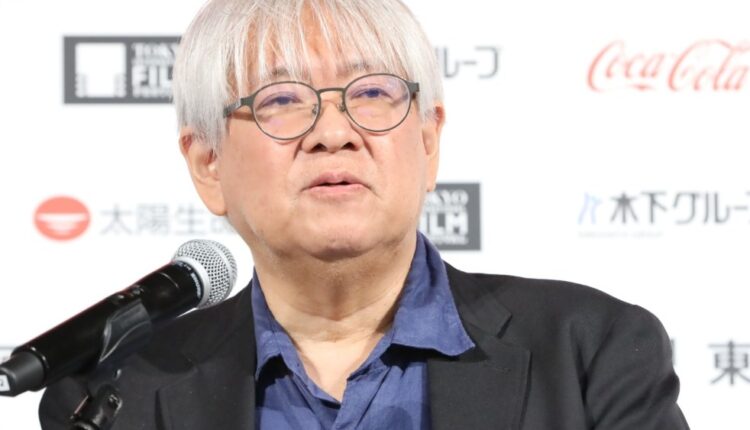Tokyo International Film Festival‘s programming director Ichiyama Shozo has been curating films since the 1990s, navigating the seismic shift from 35mm to digital while maintaining his core philosophy remains unchanged.
“Cinematic expression has hardly changed at all just because it has become digital,” Ichiyama tells Variety. “Therefore, I believe that fundamentally nothing has changed in my programming either.”
He references a 2000 Cannes talk event on digital’s impact, noting that while certain French directors voiced concerns, filmmaker Kurosawa Kiyoshi stated his approach remained consistent regardless of format.
For TIFF 2025, Ichiyama describes the Competition selection as his boldest programming move. “I believe it has resulted in a challenging selection that blends various genres,” he says. “With a wide range of films, from those with entertainment elements to experimental cinema and even documentaries, we have a lineup which is difficult to compare.”
The competition spans filmmakers from Thailand to North Macedonia to Palestine, though Ichiyama insists regional balance isn’t the primary goal. “We primarily prioritize quality over regional balance in our selection process,” he explains. “This year, coincidentally, we have achieved a diverse lineup in terms of the nationality of the production countries.”
TIFF’s International Competition notably favors Asian premieres rather than world premieres, a strategic choice Ichiyama defends in the streaming era. “The necessity of insisting on world premieres seems to have diminished,” he says, noting that films are now accessible through streaming platforms shortly after festivals.
However, he acknowledges limits to this approach. “We think there is less meaning in screening films that have already been shown in competition at major film festivals such as Cannes, Venice, Berlin, Locarno, or San Sebastian in TIFF’s competition, so we try to introduce such works in the Gala Selection or World Focus section.”
On the festival-versus-streaming debate, Ichiyama is unequivocal about the value of theatrical premieres. “For a film, being released in theaters or at a film festival is more beneficial,” he says, citing Spike Lee‘s “Highest 2 Lowest,” a remake of Kurosawa Akira’s “High and Low,” which was distributed streaming-only in Japan. “Most people in Japan are unaware of its existence,” he notes. “It is regrettable that films with the potential to garner significant attention are completely overlooked when they are not.”
The 2025 edition marks the centenary of Yukio Mishima’s birth, with TIFF spotlighting Paul Schrader‘s “Mishima: A Life in Four Chapters” — screening in Japan for the first time — alongside a new documentary and two Japanese films based on Mishima’s works. “Mishima’s writings are still widely read in Japan, and we hope that this multifaceted program will once again shine a spotlight on his works,” Ichiyama says.
Asked about balancing artistic merit with commercial potential, Ichiyama points to this year’s Competition entry “Blonde” by Sakashita Yuichiro as an example. “It appears commercial at first glance but showcases the director’s unique individuality,” he says. “Of course, the Competition also includes films whose commercial potential is considered very difficult.”
TIFF has expanded its youth and educational programming, launching the Asian Students’ Film Conference this year — the festival’s first official short film competition, though limited to film school productions. “There are many hidden gems in the younger generation, who are waiting to be discovered,” Ichiyama says. “We hope that a future master will emerge from this new section.”
Whether to establish a broader short film competition like major European festivals “remains one of our future challenges,” he adds.
Asked to describe TIFF 2025’s essence, Ichiyama says, “Looking at the film selection, I think that it reflects the current chaotic world situation in various ways.”


